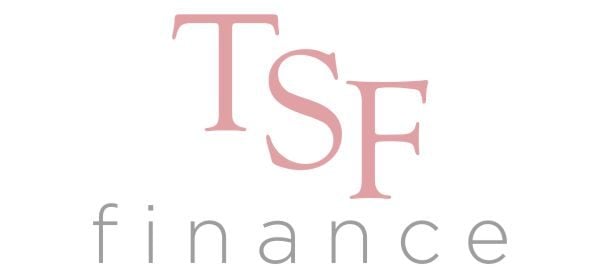The UK government has offered unprecedented support to SMEs throughout the pandemic. Over the course of 2021, that support will be winding down, and all expectations indicate that there is going to be an equally unprecedented level of debt default.
 From the variety of loans that have been taken out, to the tax referrals, rent arrears, and the usual business expenses, those SMEs are going to have to make some tough choices about where their money goes. Many SMEs, especially those who were already struggling to stay afloat pre-pandemic, are heading into debt fast, and that means business loan default is going to be increasingly common. That’s going to have knock-on effects on banks, alternative lenders, and anybody who experiences a sudden drop in credit rating.
From the variety of loans that have been taken out, to the tax referrals, rent arrears, and the usual business expenses, those SMEs are going to have to make some tough choices about where their money goes. Many SMEs, especially those who were already struggling to stay afloat pre-pandemic, are heading into debt fast, and that means business loan default is going to be increasingly common. That’s going to have knock-on effects on banks, alternative lenders, and anybody who experiences a sudden drop in credit rating.
2021/2022 Lending Decisions In the Face of Mass Debt Default
It might be true that lenders are acting merely as administrators for the wide range of government aid (BBL in particular), but that doesn’t mean a lack of costs for those lenders. From admin costs and refinancing concerns to reputational risk, those lenders are taking a gamble. However, it does seem as if some big lessons have been learned from the last global recession. Banks proved particularly resilient in 2020, no doubt keen to avoid making the same mistakes as 2008/2009. The result has been fewer lending approvals for anything that isn’t a government-backed lending scheme. Alternative lenders are very likely to find that the lack of adequate compensation facing banks, alongside a drop in loan approvals, means that they will start to see more applications. How those lenders are going to move forward in the face of the expected rise in mass business default will depend largely on the government’s response to it. Without mass debt forgiveness, lenders will have little choice but to limit their lending approvals throughout 2021 and well into 2022.
Whole of Market and Reduced Credit Scores
It’s expected that there are going to be higher levels of corporate insolvencies in the first half of 2021. The retail, automotive, and foodservice industries are likely to be the hardest hit. Another knock-on effect of the government-backed financial support has been that brands and SMEs that were already struggling have been able to stay afloat when perhaps they wouldn’t have been able to do so even without the pandemic. With GDP expected to fall at a higher rate than first thought, business default is going to be common. For finance firms, that’s going to mean much less of a lending appetite. With a sudden drop in national credit scores caused by the expected rate of debt default and insolvencies, lenders are going to have little choice but to be more selective about approvals across the whole of the market.
Experienced underwriters will be vital
Automation technologies have become a large part of the finance sector, but it is expected that with that drop in national credit scores, the reliance will shift to underwriters with real experience. The entire underwriting process will have to become significantly more transparent, reflexive, and intuitive. Loan approvals are going to have to be approached from an entirely new angle, with lenders having to focus on more extended access to loans via more contemporary practises. That means the applicants' approach and response to the pandemic, as well as their history pre-pandemic, will have to be looked at a lot more thoroughly. That’s going to mean a restructuring of administration processes in many cases. This means higher costs for lenders but is likely to become the standard as everyone finds ways to find their own responses to the inevitable high levels of debt default. If it’s already taking around four times longer to get loan approval for loan underwriting processing, that increase in debt default combined with the drop in credit ratings is only going to slow the process down even further. The overall impact of the growth in business debt default is going to mean a reduction in formulaic processes for lenders. This more complex approach is expected due to the combination of weakened balance sheets and significantly higher debt levels, as well as the expected reduction in credit ratings.
Brexit – how is it going to impact the debt default?
Already, many industries are realising the catastrophic financial consequences of the Brexit vote. However, with so many industries affected by the sharp increase in trading costs and the increase in admin time, could mass-scale debt forgiveness be the practical option? With the double-hit of Covid and Brexit, and a recession on top of it all, lenders and business owners alike are going to have little choice but to be a lot more cautious as we head deeper into 2021.
How can TSF help?
Here at TSF, we work to match you with the best financial solutions for your business. Lenders will be faster than banks to secure funding for SMEs at this time. Take a look at our website to see our products and how we can support your business.










